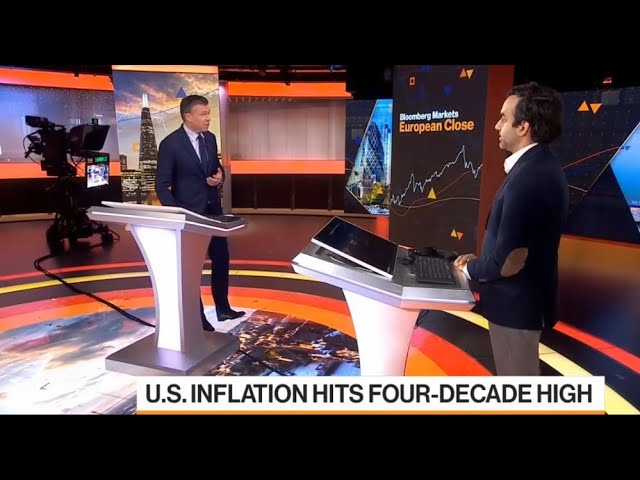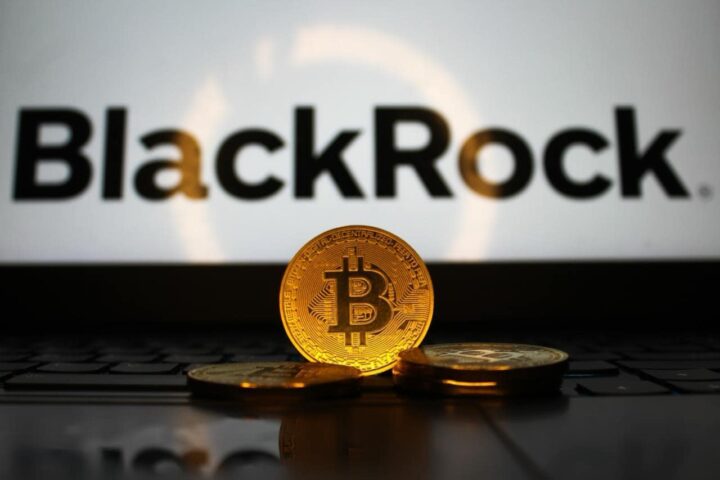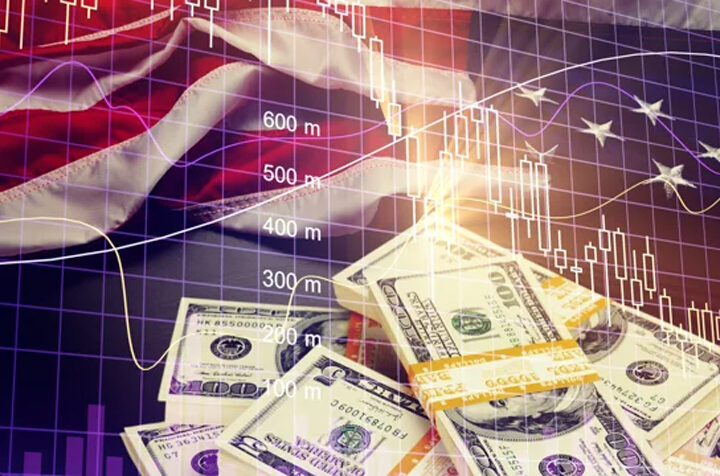By Craig Erlam
Equity markets are tumbling again on Wednesday as the latest batch of inflation data delivered another heavy blow to sentiment.
US inflation reached 9.1% in June, up from 8.6% in May and overshot the forecast of 8.8%. This was the highest rate in nearly 41 years.
Every month investors eagerly await the CPI report for any sign that the inflation problem is easing, and they are almost always left deflated by the data. This feels like one of the biggest blows yet and given how aggressive the Federal Reserve is already being and the increase in recession talk in recent weeks, it’s a tough one to recover from.
It may not prove to be the knockout punch, but investors are on the ropes and risk assets are now vulnerable to further declines ahead of the Fed meeting.
How much more will it take before the towel is thrown in and recession becomes the base case? I don’t think we’re far away.
The US is more resilient than most, but there’s only so much it can take. A 75 basis point hike is now fully priced in this month, with an outside chance of 100, while another 75 is then priced in for September. The Fed has a lot of work to do to get to grips with inflation and a hard landing is looking increasingly likely to be the price to pay for it.
The data gave EURUSD enough of a push to breach parity briefly on Wednesday, although it has since pulled back, highlighting once again how big a psychological level it is. It looks only a matter of time given the risk aversion in the markets and the path of travel US interest rates are on.
Beaten to the punch
The Bank of Canada beat the Fed to the punch in raising interest rates by a full percentage point, doing so following Wednesday’s meeting, while admitting it underestimated inflation since the spring of last year.
The central bank reaffirmed its commitment to price stability, warning of more rate hikes to come, while considerably increasing its inflation forecasts for this year and next. BoC continues to believe it will avoid a recession, but with a tightening cycle of this magnitude, that will be easier said than done.
Crude slides
The US inflation data caused shockwaves throughout financial markets, with oil also sliding on the back of the release. A recession is now the primary bear case for crude given the tightness in the market and it’s clear here as much as anywhere how serious the economic risk is being taken.
Both Brent and WTI are now back below $100, down around 20% over the last month, and they may well remain below there, which would have been inconceivable in mid-June.
Central banks are in panic-tightening mode and the inflation data isn’t easing up. Throw in more Chinese Covid restrictions and the market will start to look far more balanced, just not in the way anyone wanted.
Will gold demand return?
Gold has recovered the post-CPI release losses after threatening at one stage to break below $1,700. While this may come as a relief to some, it may not last, considering the moves we’ve seen in interest rate expectations, yields and the dollar.
The yellow metal is looking pretty vulnerable at the minute, but if a recession becomes the base case, that may change. It is a safe haven after all and there may come a point where the economy buckles under the weight of inflation and interest rates, and gold will increasingly find itself in demand.
Bitcoin holding up
Bitcoin is holding up surprisingly well in the aftermath of the US inflation print.
Risk assets have been hit hard and cryptos don’t have a great relationship with inflation and rising interest rates. Still, it is below $20,000 and remains vulnerable to further bouts of risk aversion, of which there may be many in the run-up to the Fed meeting in a couple of weeks.
Challenging times lie ahead.
Craig Erlam is Senior Market Analyst, UK & EMEA at OANDA
Opinions are the author’s, not necessarily that of OANDA Global Corporation or any of its affiliates, subsidiaries, officers or directors. Leveraged trading is high risk and not suitable for all. Losses can exceed investments.







